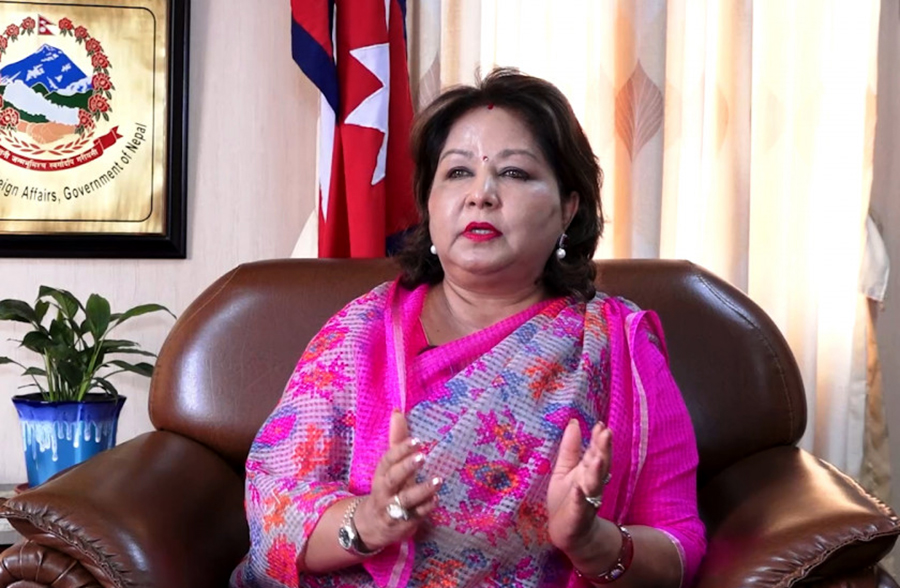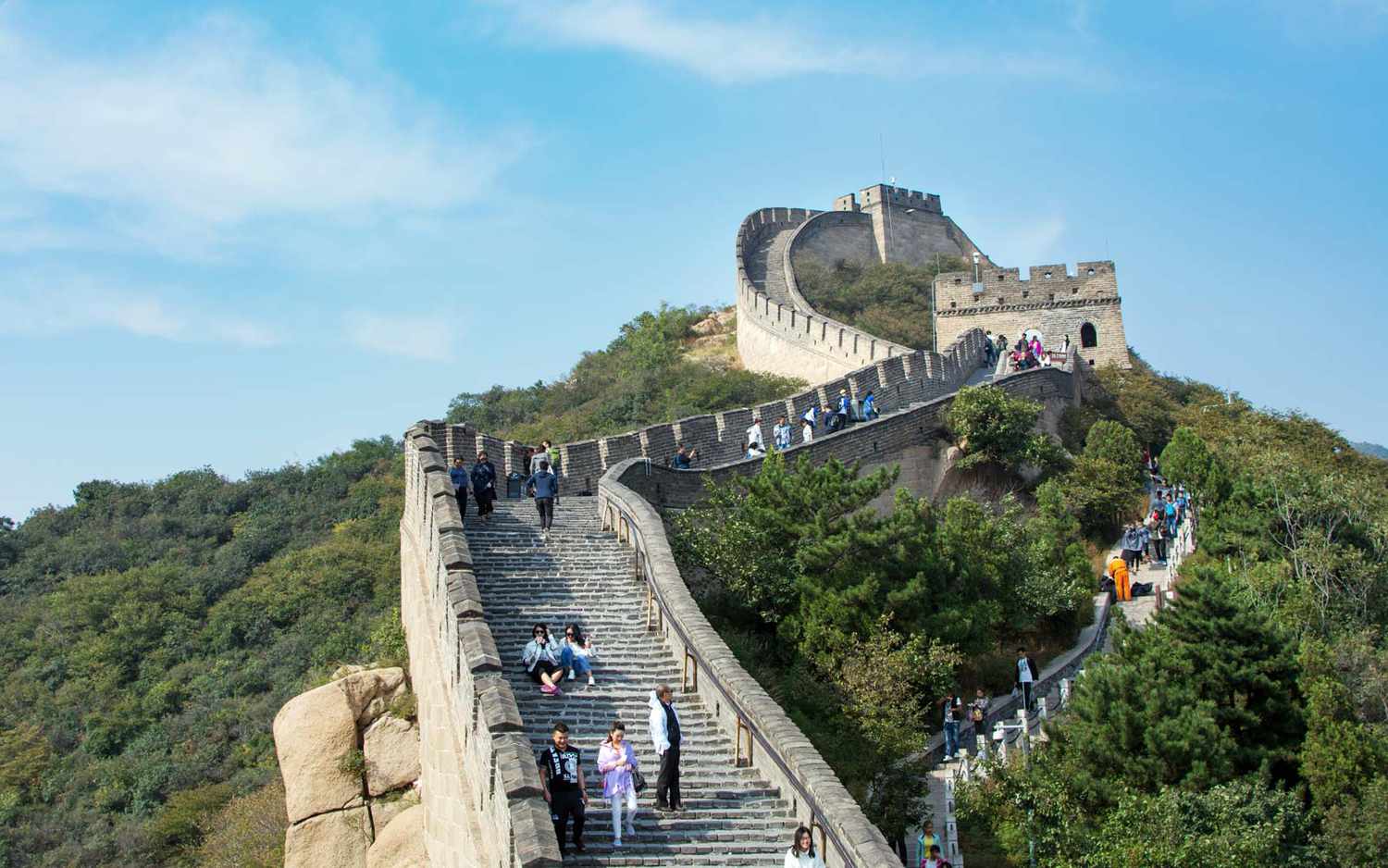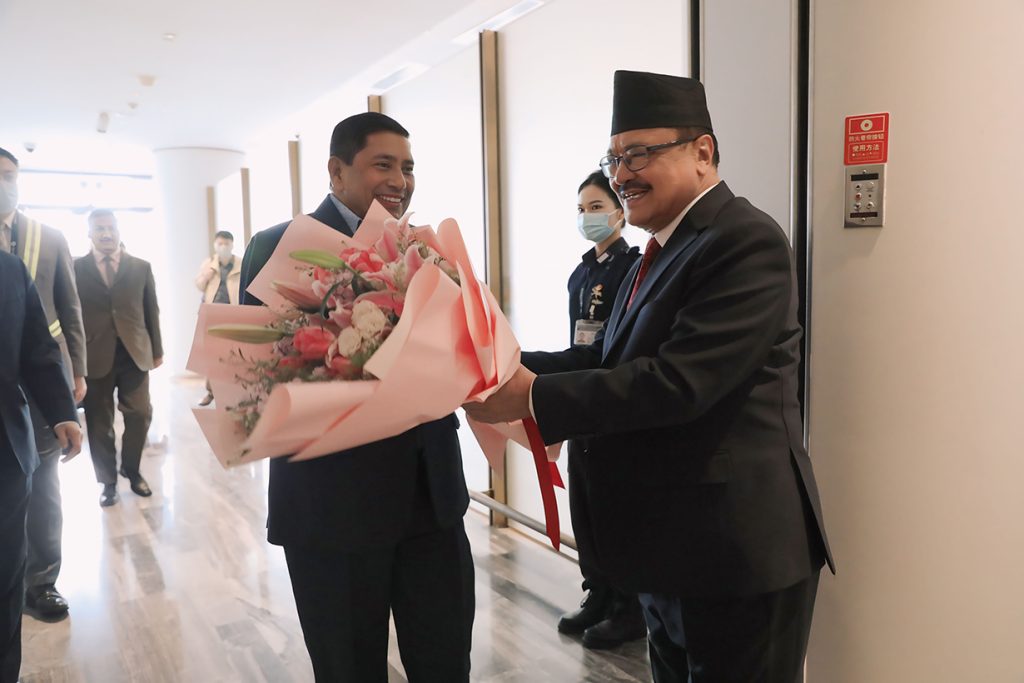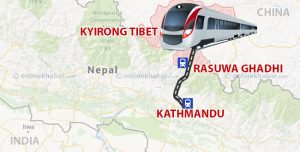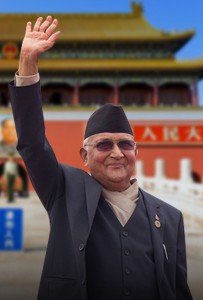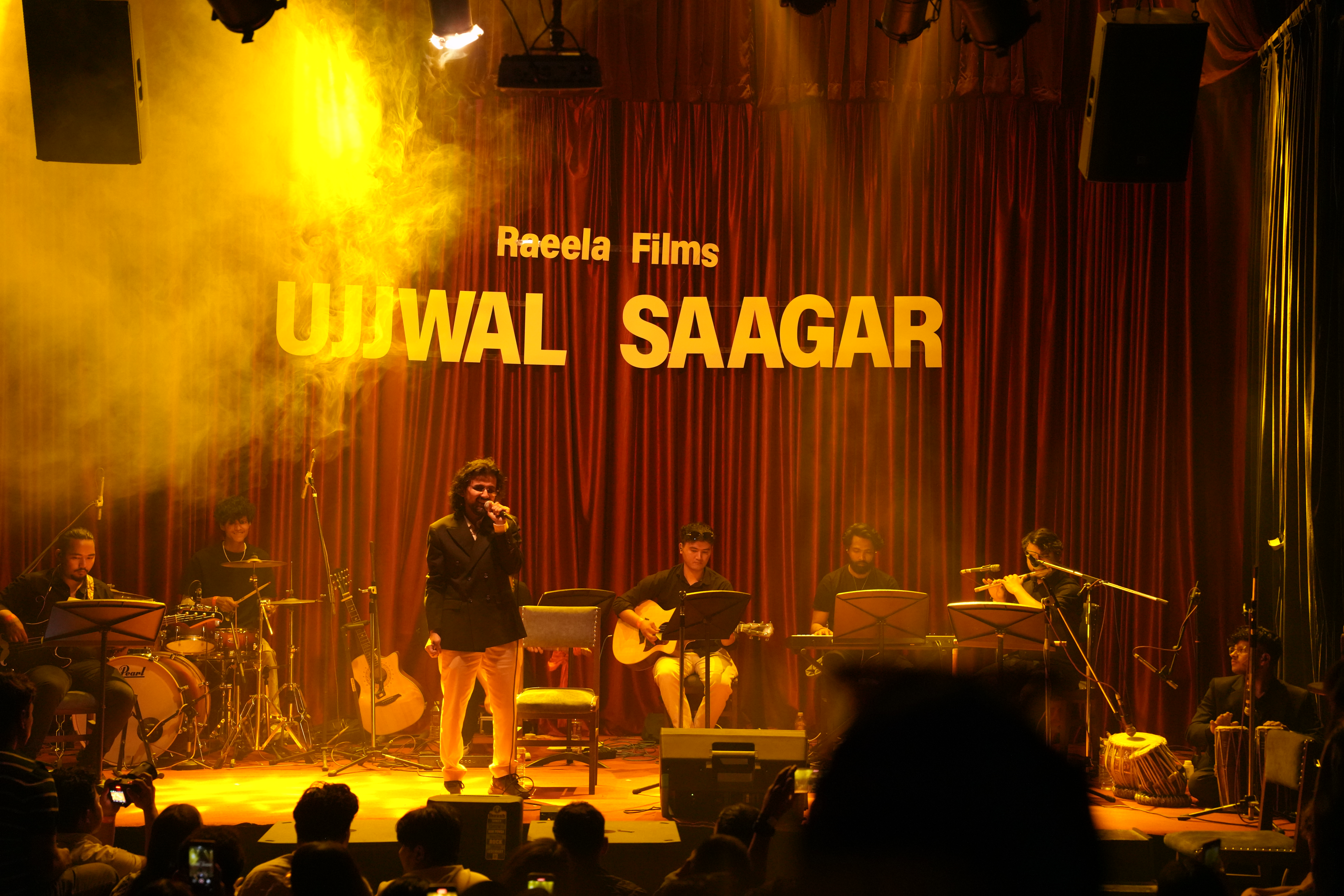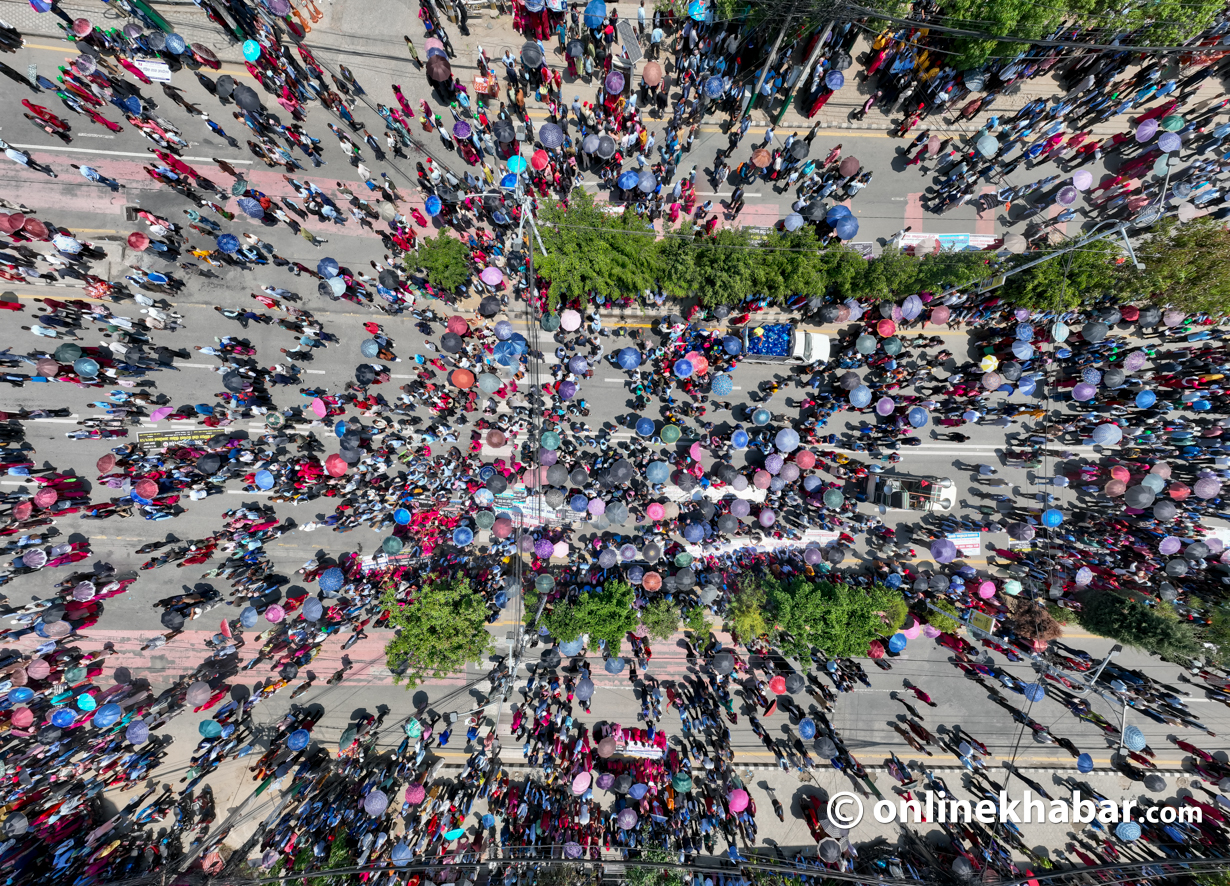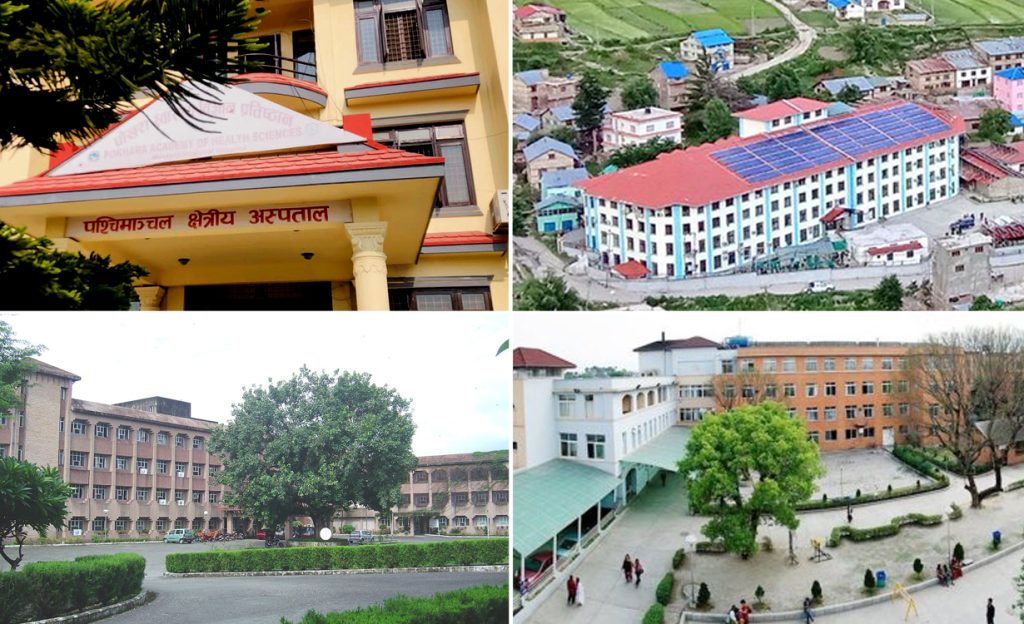
Prime Minister KP Sharma Oli’s Beijing visit concluded with a nine-point agreement signed following his meeting with Chinese Premier Li Qiang. However, the specifics of the agreement—and the omissions—offer significant insights.
Foreign Ministry spokesperson Krishna Prasad Dhakal, briefing the press at the Great Hall of the People, revealed that the Belt and Road Initiative (BRI) was not mentioned during the discussions. The much-discussed framework agreement for BRI implementation also did not surface, and there was no progress on the Pokhara International Airport—a project Oli had assured would see significant advancements.
This indicates that China may have recognised the constraints under which Oli undertook this visit. The signed nine-point agreement could define the success of this visit unless new developments arise from Oli’s scheduled meeting with Chinese President Xi Jinping. However, Beijing sources noted that further issues could emerge during the visit, though agreements at the prime ministerial level are unlikely to change.
The agreements included letters exchanged for the Tokha-Chhahare tunnel project, a memorandum of understanding (MoU) on enhancing Nepal-China trade, certification of the completed reconstruction of the Nine-Storey Basantapur Durbar, a protocol for the export of thermally processed buffalo meat, an MoU on development planning, an MoU on economic and technical cooperation, letters on cash assistance, an MoU on volunteer Chinese language teachers, and an MoU between Nepal Television (NTV) and China Media Group on communication technology.
According to Dhakal, the agreements reflect commitments to cooperation in connectivity, infrastructure development, medical collaboration, agriculture, tourism, trade, investment, science and technology, sports, poverty alleviation, and public relations. Dhakal stated that the dialogue has elevated the bilateral relationship to a higher level.
Despite the broad scope of the agreements, observers noted the absence of concrete deliverables. Former ambassador Mahesh Maskey remarked to Onlinekhabar that the visit failed to inspire confidence due to its lack of substance. He suggested that while Oli took a bold step in visiting China, the hurried preparations likely did not resonate with the Chinese side.
Key areas like converting Chinese loans into grants and advancing BRI projects—an initiative of global importance for China—remained unresolved. The ambiguity surrounding Nepal’s participation in BRI persists, as no clarity was provided during this visit.
While tangible outcomes are limited, the visit might still be considered a success for its symbolic value, particularly in maintaining warmth in bilateral ties during challenging times. However, with no additional agreements expected during Oli’s meeting with President Xi, the visit risks being seen as more ceremonial than substantive.
In summary, the visit has reiterated previous commitments without offering significant advancements, leaving questions about the future direction of Nepal-China relations and Nepal’s role in BRI unresolved.
What the agreement includes
The signed agreements covered a range of areas:
- Exchange of letters for the Tokha-Chhahare tunnel project
- A memorandum of understanding (MoU) on enhancing Nepal-China trade
- Certification of the completed reconstruction of the Nine-Storey Basantapur Durbar
- A protocol for the export of thermally processed buffalo meat
- An MoU on development planning
- An MoU on economic and technical cooperation
- Exchange of letters on cash assistance
- An MoU on volunteer Chinese language teachers
- An MoU between Nepal Television (NTV) and China Media Group on communication technology






